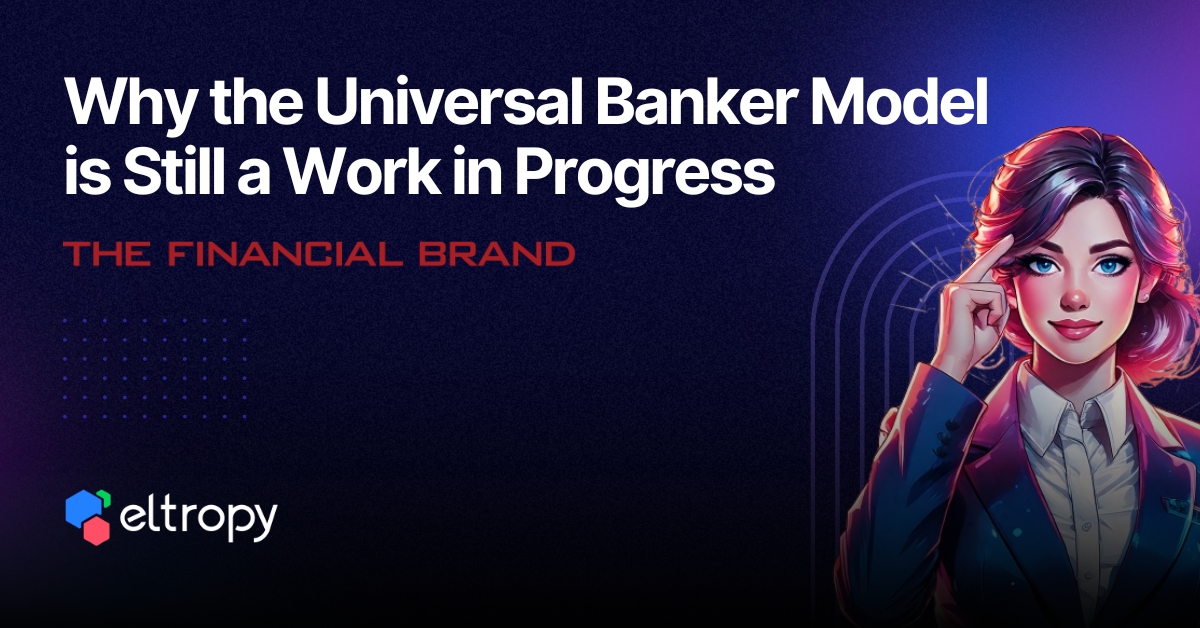In the era of rapid technological advancement, the integration of Artificial Intelligence (AI) into the operations of credit unions, community banks, and their call centers brings forth immense opportunities. However, alongside the benefits, institutions must navigate the ethical considerations and data privacy concerns that come with AI implementation. In this guide, we’ll delve into the critical importance of AI ethics and data privacy, offering credit unions and community banks a comprehensive framework to ensure responsible AI adoption.
Navigating AI Ethics: Striking the Right Balance
- Ethical Concerns in AI: Understand the ethical issues that AI may raise, including biases in algorithms, transparency in decision-making, and the potential displacement of human roles.
- Bias Mitigation: Learn strategies to mitigate biases in AI systems, ensuring that algorithms do not inadvertently discriminate against certain groups based on race, gender, or other factors.
- Transparency and Explainability: Prioritize transparency in AI decision-making. Ensure that AI-driven outcomes can be explained and understood, both internally and by members.
- Ensuring Accountability: Establish accountability structures for AI initiatives, ensuring that responsibilities for decisions made by AI systems are clearly defined.
Protecting Member Privacy: A Core Responsibility
- Member Data Protection: Emphasize the significance of member data protection. Implement robust data security measures to safeguard sensitive member information from breaches.
- Informed Consent: Educate members about how AI is used and obtain their informed consent for data usage. Ensure transparency in communicating how AI enhances their experiences.
- Data Minimization: Collect only the necessary data for AI applications. Avoid unnecessary data collection to minimize privacy risks and concerns.
- Member Rights: Respect member rights to access, correct, and delete their data. Establish mechanisms for members to exercise these rights easily.
Transparency in AI Decision-Making: Building Trust
- Explainable AI: Prioritize the use of AI models that provide explainable outputs. Members and staff should understand how AI systems arrive at decisions.
- Building Member Trust: Communicate openly about the use of AI in member interactions. Transparently explain how AI improves services while respecting privacy.
- Human Oversight: Implement mechanisms for human oversight in AI decision-making processes. Human intervention ensures ethical outcomes, especially in complex scenarios.
Continuous Monitoring and Improvement: Ethical AI in Action
- Regular Audits: Conduct regular audits of AI systems to identify potential biases, ensure transparency, and validate that ethical guidelines are being upheld.
- Feedback Mechanisms: Establish channels for members and staff to provide feedback on AI interactions. This feedback loop assists in identifying and addressing ethical concerns.
- Ethics Committees: Consider forming ethics committees within institutions to review and advise on AI initiatives, fostering a culture of responsible AI use.
Future-Proofing Ethics in AI Adoption
- Stay Informed: Keep abreast of AI ethics best practices and evolving regulations. Adapt AI strategies as ethical guidelines and industry standards evolve.
- Staff Training: Train staff on AI ethics and data privacy. Empower them to make ethical decisions and ensure that AI systems align with institutional values.
- Collaboration and Partnerships: Collaborate with AI solution providers that prioritize ethics and data privacy. Partner with organizations that share your commitment to responsible AI adoption.
The integration of AI into credit unions, community banks, and their call centers offers tremendous potential, but it must be approached with a strong commitment to ethical practices and data privacy. By navigating AI ethics, protecting member privacy, ensuring transparency, and continuously monitoring AI systems, these institutions can harness AI’s benefits responsibly. This comprehensive guide empowers credit unions and community banks to lead the way in AI adoption, demonstrating a commitment to responsible innovation that prioritizes member well-being and data security.



